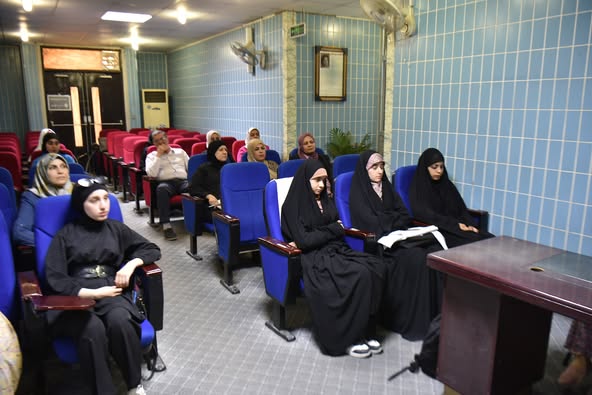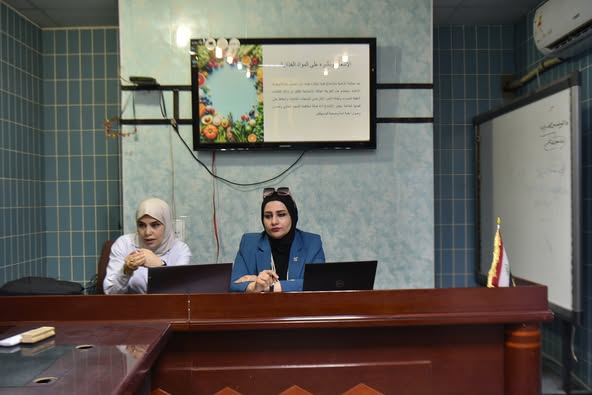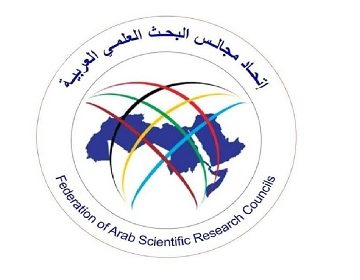Under the patronage of the Dean of the College of Science for Women, Professor Dr. Sameera Naji Khdim, the Department of Physics, in collaboration with the Continuing Education Unit, organized a workshop entitled “The Use of Artificial Intelligence in Scientific Research”, presented by Dr. Roweida Tareq Mahdi and Ms. Sala Sami Hamza.
The workshop aimed to highlight the importance of interaction between fundamental sciences and practical applications, emphasizing that radiation is not limited to its uses in the medical or industrial fields, but also extends to one of the most vital sectors—food. It was noted that much of the public concern regarding radiation stems from a lack of scientific knowledge and awareness.
The workshop included several scientific themes that addressed various aspects of radiation’s impact on food, starting with the types of radiation used—such as gamma rays and X-rays—and continuing with their mechanisms of action on microorganisms that cause spoilage or disease. It concluded with discussions on the safety of irradiated products from both health and regulatory perspectives. The workshop also touched upon the international and local standards governing food irradiation processes, and highlighted key studies demonstrating that such processes do not affect essential nutritional components like vitamins and proteins, provided they are conducted under precise scientific guidelines.
In conclusion, the workshop emphasized the need to organize awareness campaigns to shed light on the benefits of food irradiation and its role in reducing food waste and enhancing food security. Participants also called for greater encouragement of local research in this field, particularly in light of the contemporary challenges to food safety.










